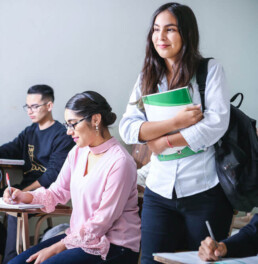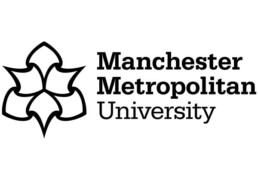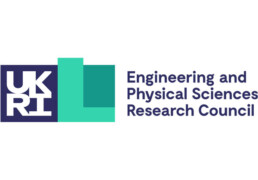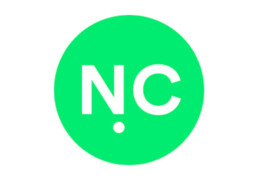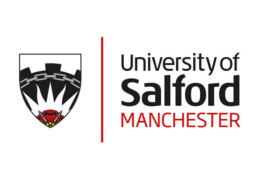Pod 2
Pod 2 offers individual mentoring for reflective practice and support to embed public engagement into personal research activity.
Pod 2 offers individual mentoring for reflective practice and support to embed public engagement into personal research activity.
Our PEAs will receive one-hour mentoring sessions every quarter (seven sessions). Through the mentoring programme, we will use the GROW Model with each mentoring meeting. GOAL stands for GROW stand for:
• GOAL• CURRENT REALITY• OPTIONS (OR OBSTACLES)• WILL (OR WAY FORWARD)
• GOAL• CURRENT REALITY• OPTIONS (OR OBSTACLES)• WILL (OR WAY FORWARD)
Whitmore, John (1992). Coaching for performance: GROWing human potential and purpose: the principles and practice of coaching and leadership. People skills for professionals (4th ed.). Boston: Nicholas Brealey. ISBN 9781857885354.
The role of learning styles in mentoring
Learning Styles are based on acknowledging that we do not all learn the same way. Several different learning style models exist. Learning is a constant process, so being aware of your preferred learning styles, will allow you to understand your strengths and weaknesses around how you learn, ultimately leading to you becoming a more effective learner. PEAs will be invited to use Peter Honey and Alan Mumford’s model to discover their preferred learning style at the start of the project.
